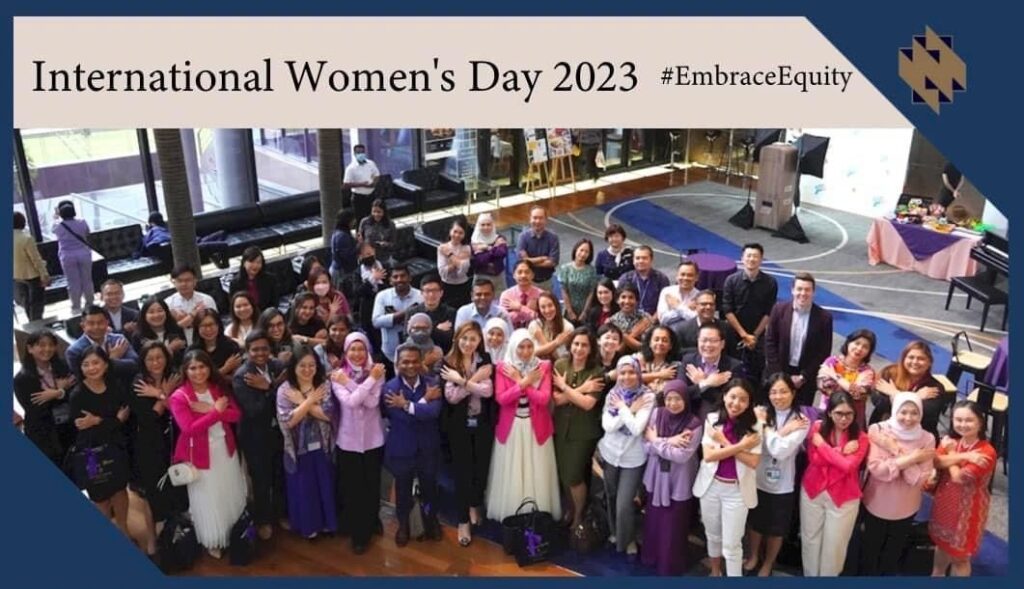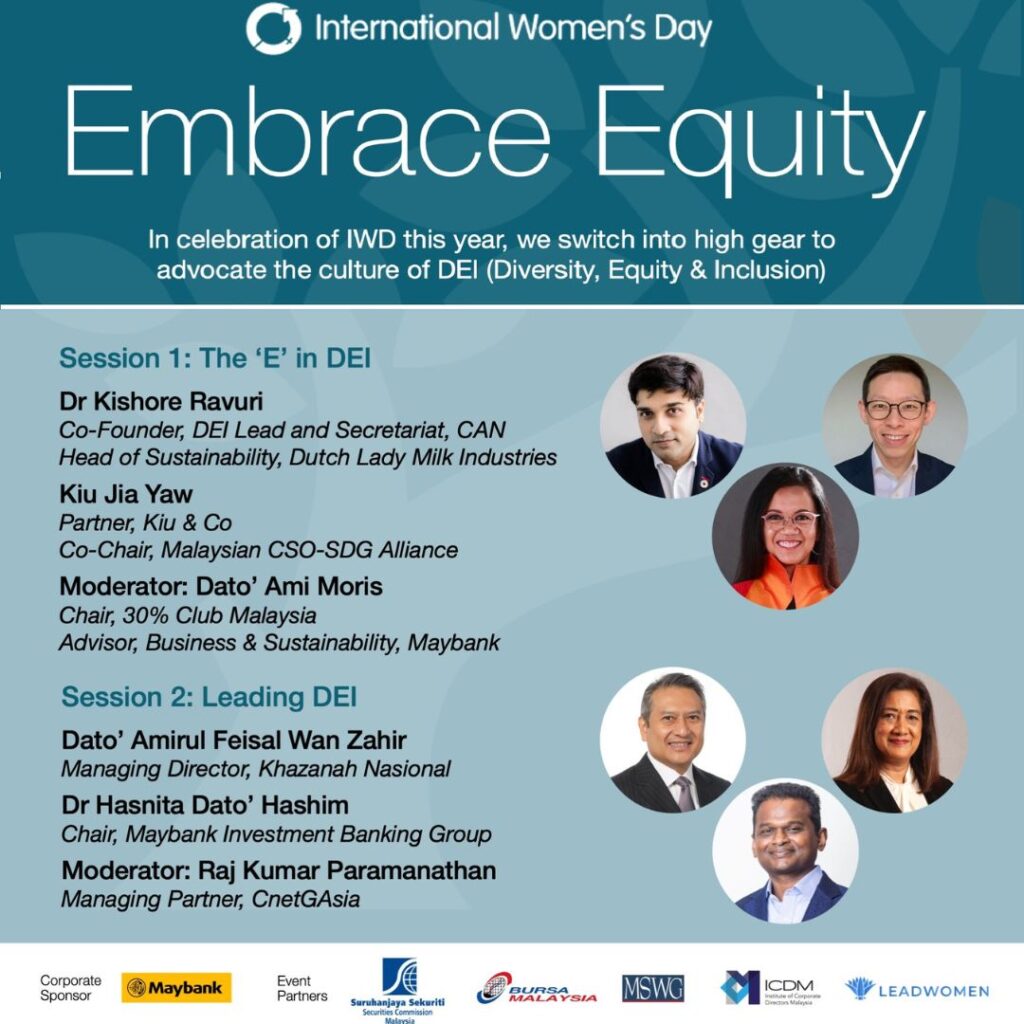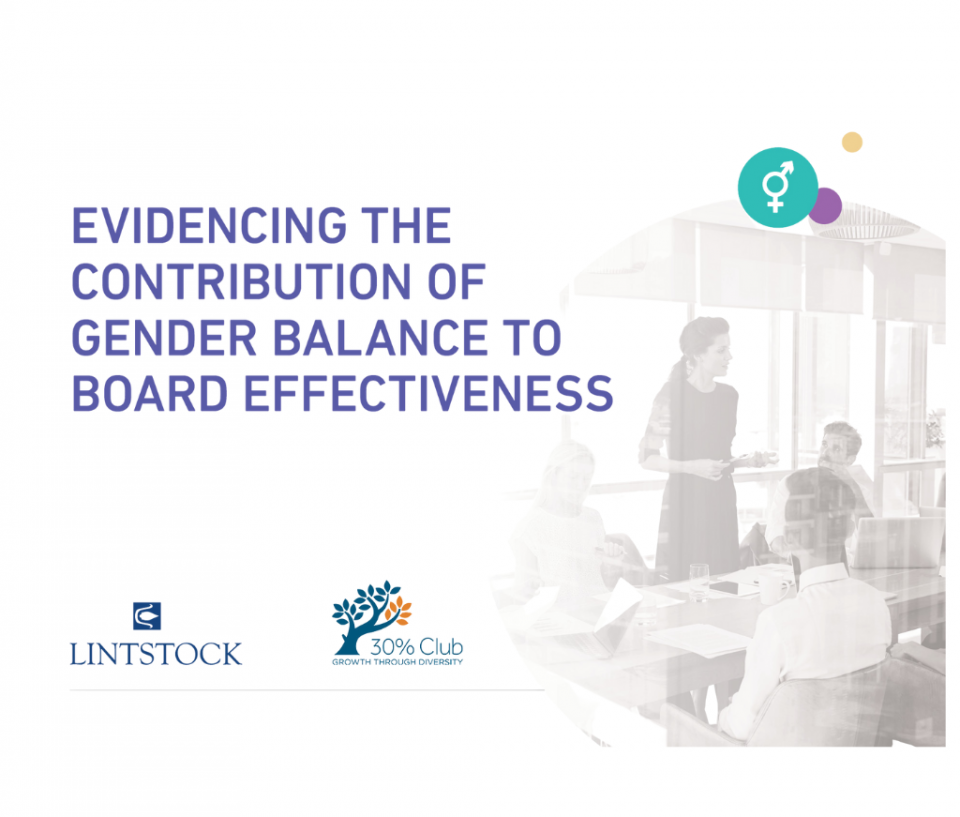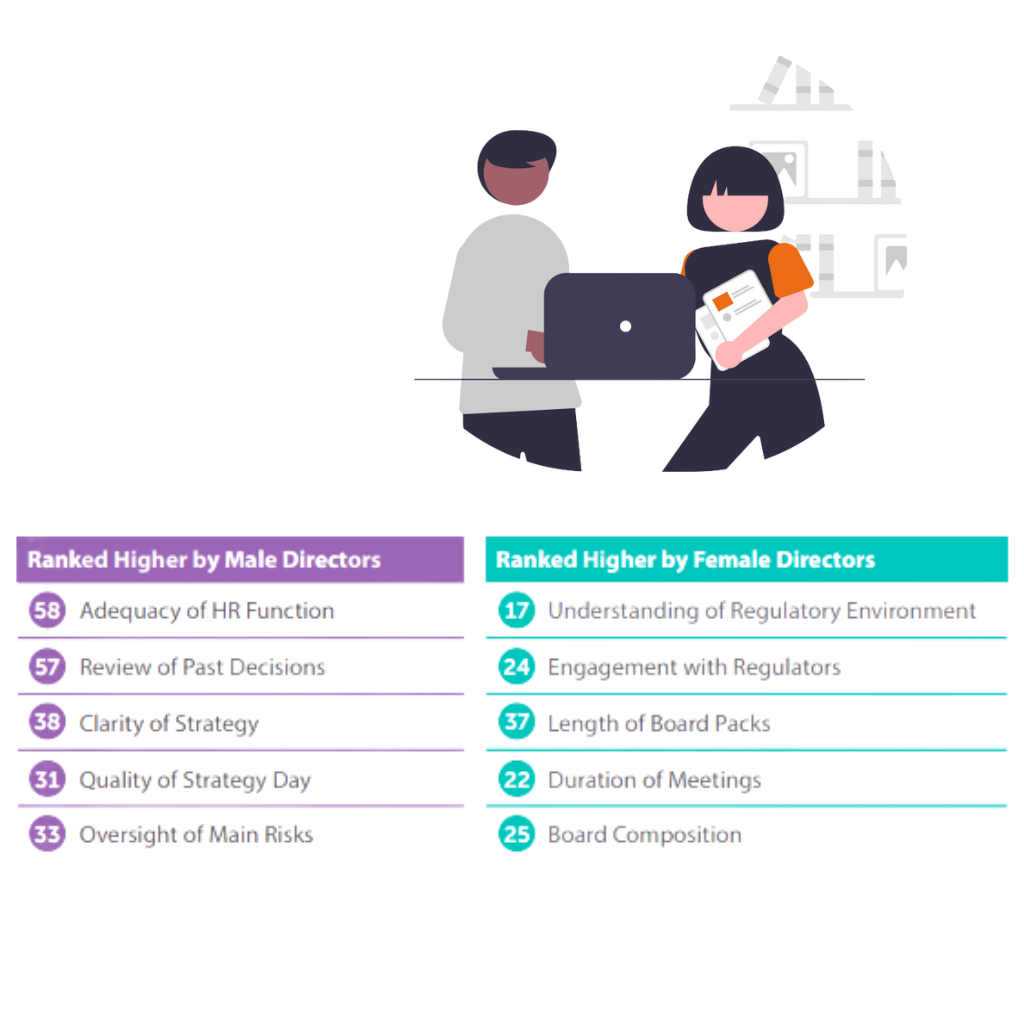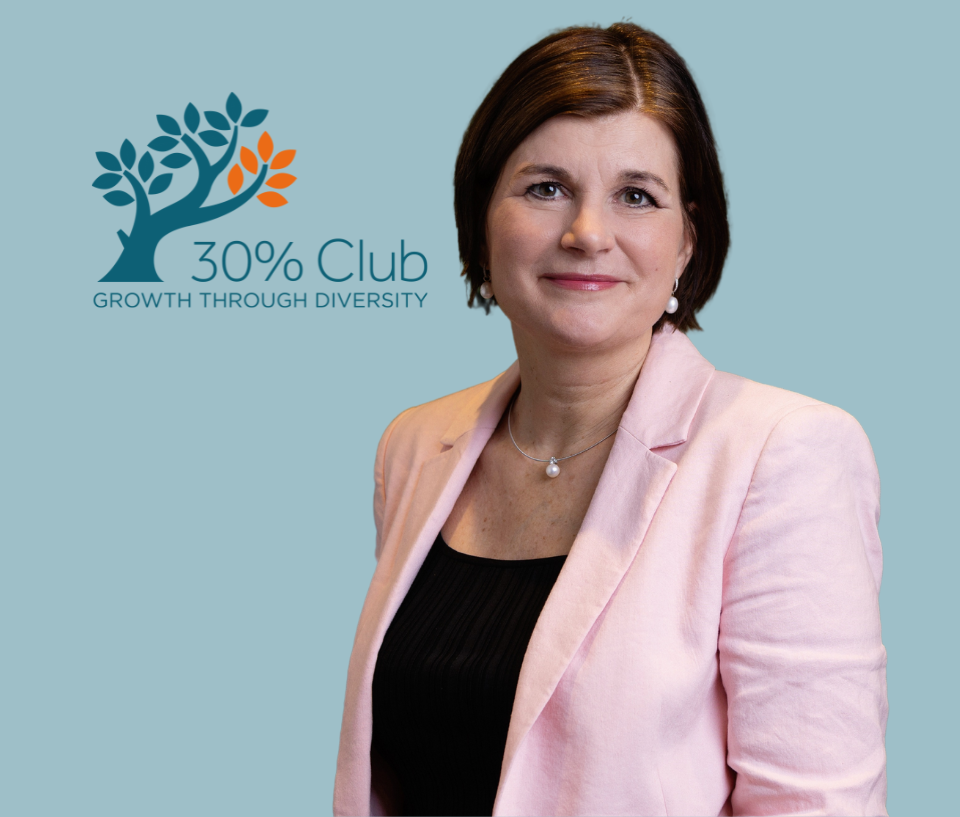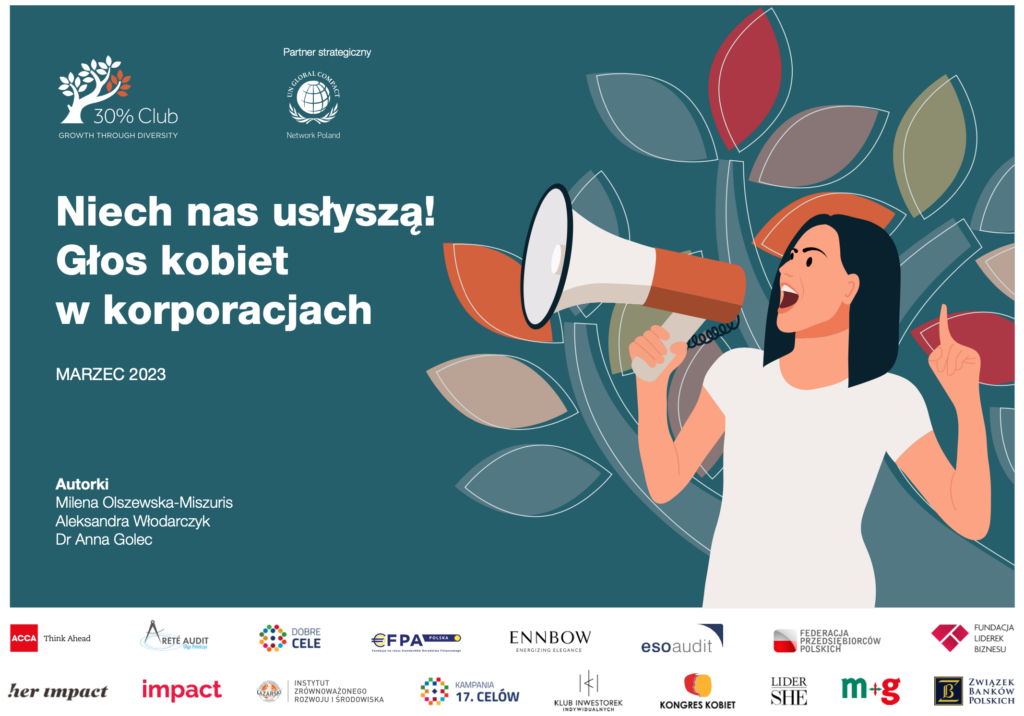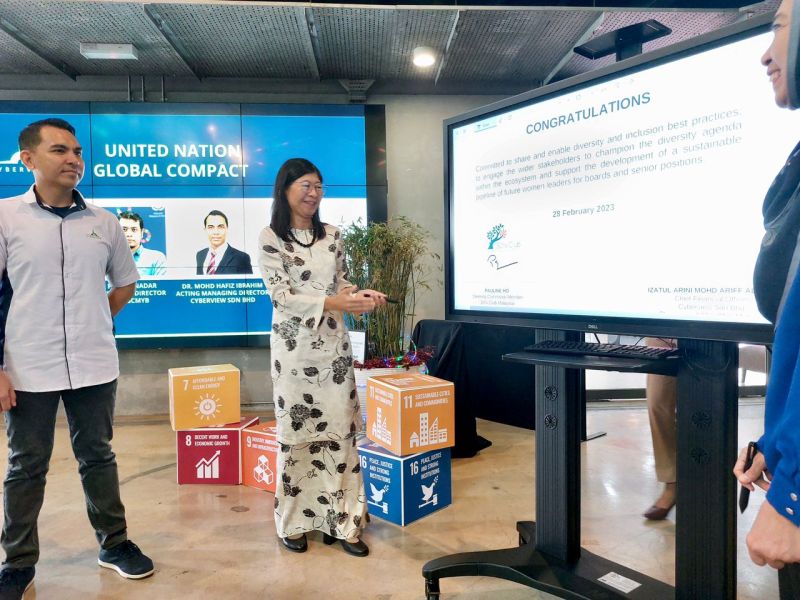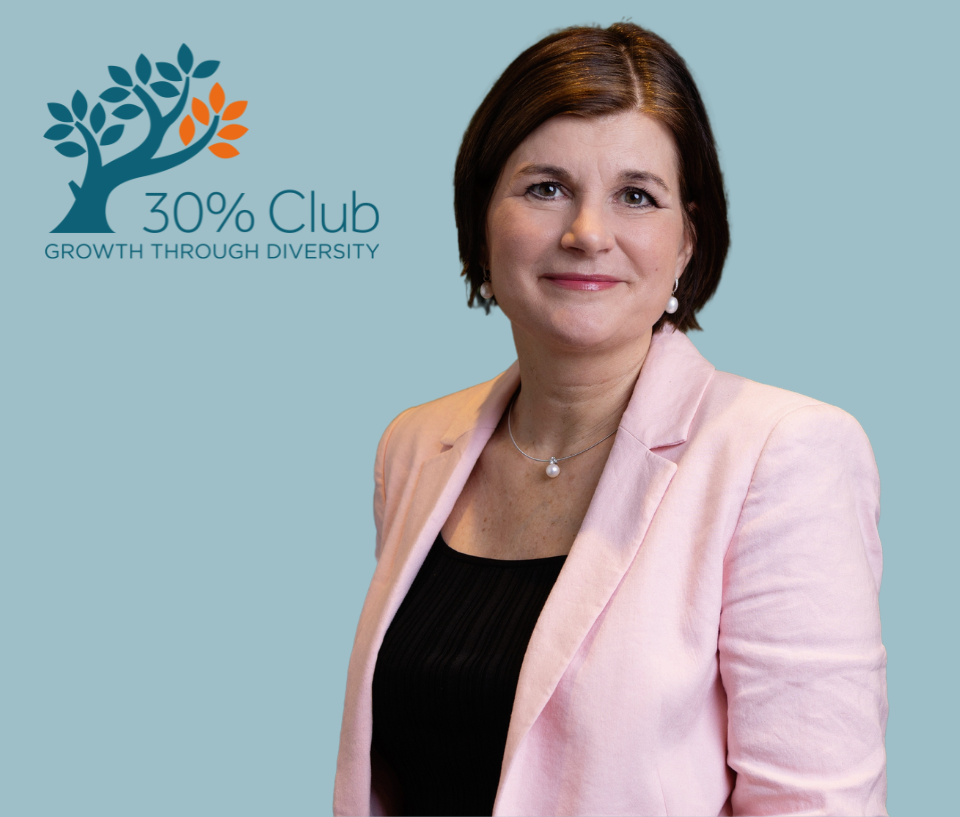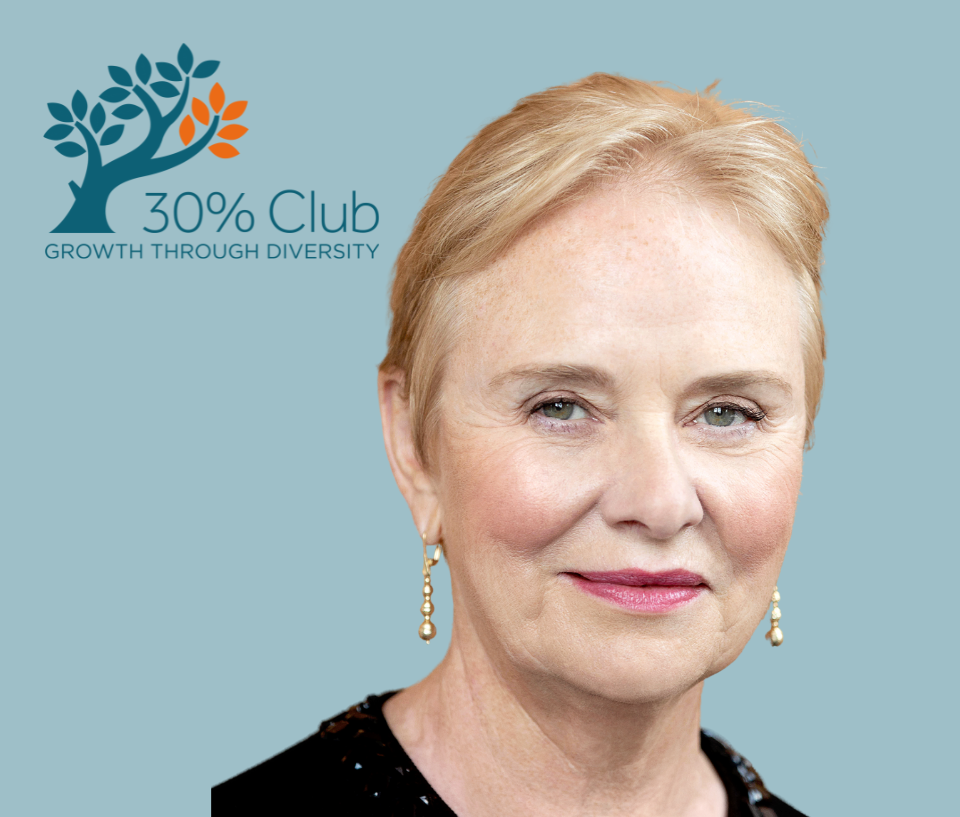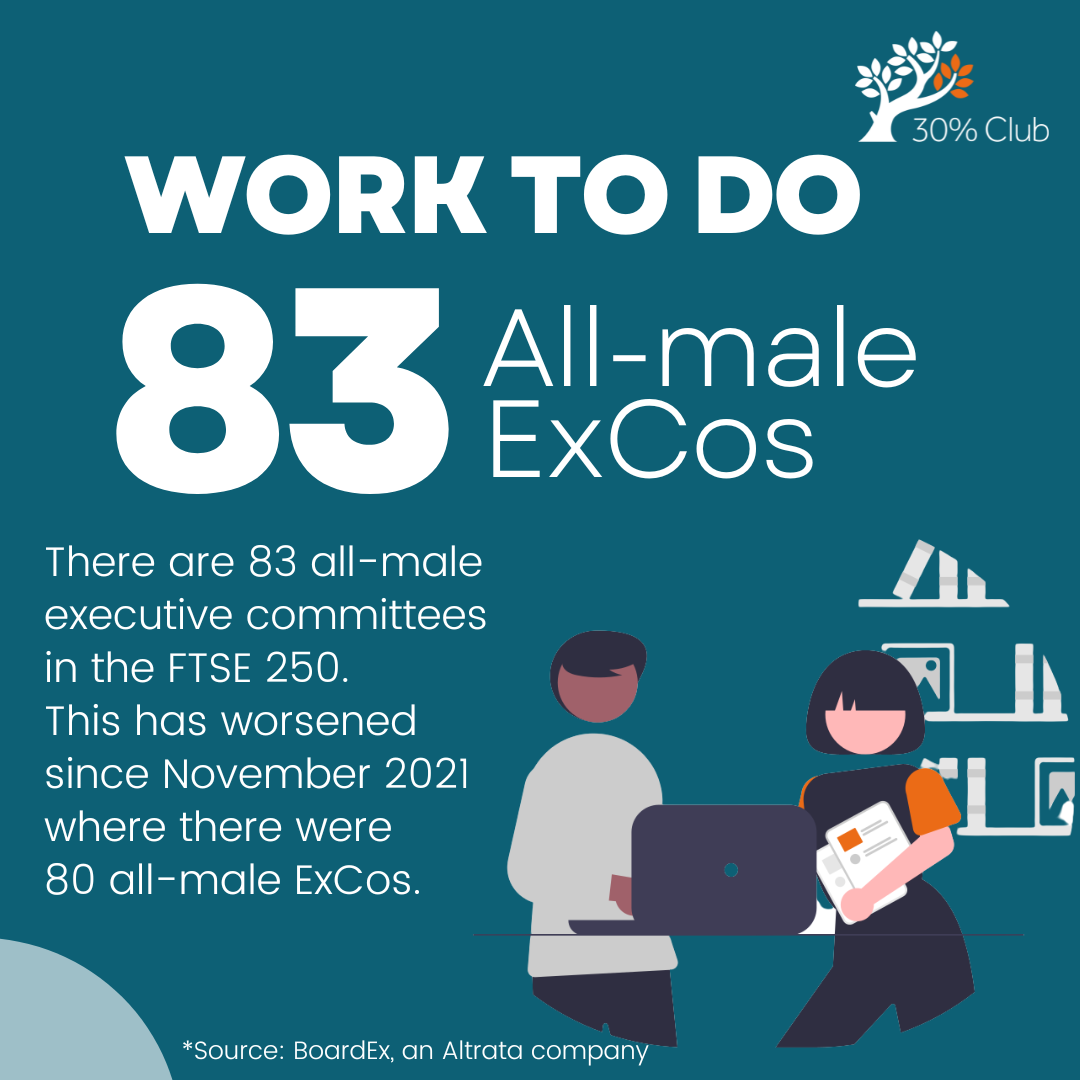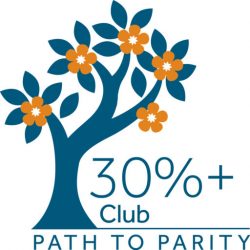
Across the FTSE 350, the numbers of ethnic minority directors are currently balanced almost equally between men and women, with 48% being women (47% in the FTSE 100, 48% in the FTSE 250).
The data emerged today from the latest update on the Parker Review – the business-led, UK government backed initiative that sets voluntary race equity targets for Britain PLC.
The 30% Club is proud to support the Parker Review with our own targets for the FTSE 350 to have at least one ethnic minority director or member of the executive committee by the end of 2023 and for half of those newly created seats to go to women of colour.
Today’s update also confirmed that 96 of the FTSE 100 had at least one ethnic minority director by the end of December 2022, up from 47% in 2016 and largely meeting the Parker Review’s initial target for Britain’s biggest companies.
Of course, a single ethnic minority director is just the start of the change we need to see and so it was encouraging to see that half of those FTSE 100 companies actually had more than one ethnic minority director by the end of last year.
But as we have seen in the gender diversity space, there is still so much to be done if true equity is to be achieved.
It remains the case that the vast majority of ethnic minority directors occupy non-executive roles. In the FTSE 100, for example, while the data revealed ethnic minority directors now account for 18% of all directorships, just six ethnic minority directors held a chair position, only seven were CEOs and nine were CFOs.
However, there are many practical things company leaders can do to bring about change from collecting more and better data to taking part in reverse mentoring.
For example, the 30% Club is helping organisations build on their commitment to race equity with our Leaders for Race Equity programme, run in partnership with the CBI’s Change the Race Ratio and Moving Ahead.
We match CEOs with ethnic minority executives from outside their organisations to learn from each other’s experiences and challenges while also attending working groups with their HR and D&I leads on topics ranging from data to AI to inform and improve corporate action on race equity.
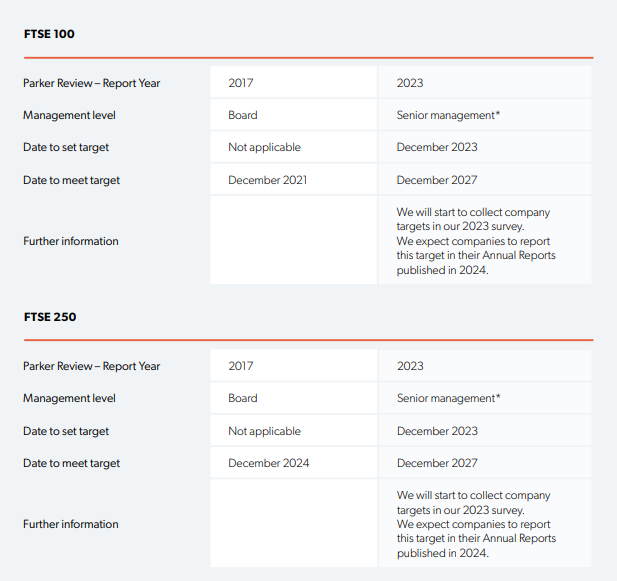
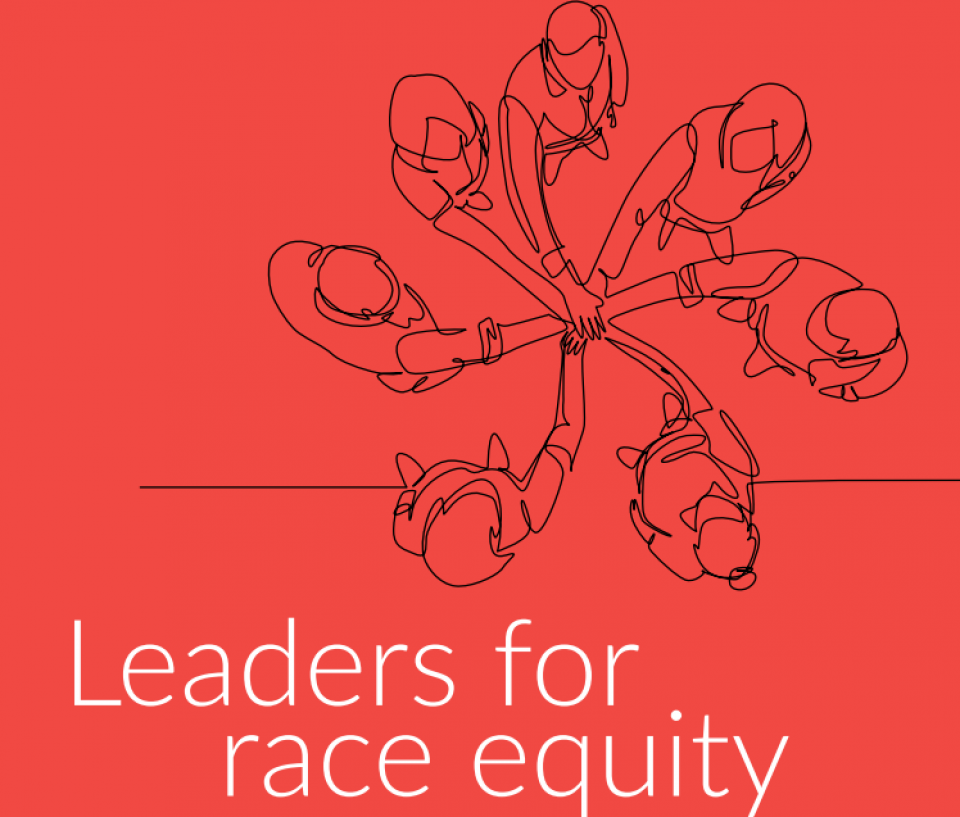
The Parker Review has set new targets for December 2027:
- – Each FTSE 350 company will be asked to set a percentage target for senior management positions that will be occupied by ethnic minority executives in December 2027
- – 50 of the UK’s largest private companies have been set the target of having at least one ethnic minority director on the main board by December 2027.
- – Each company will also be asked to set a target for the percentage of ethnic minority executives within its senior management team
You can read more about the targets and access the rest of the Parker Review data by clicking the box below.
Where we are
The 30% Club has come a long way from when it was set up in the UK in 2010.We now span six continents and more than 20 countries. We’re actively expanding into more G20 countries


